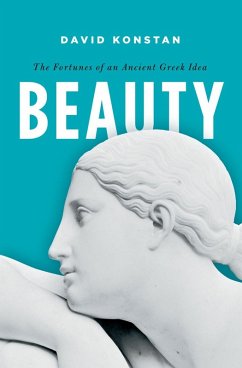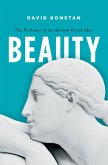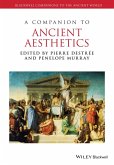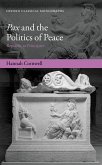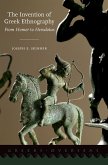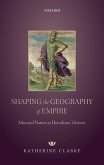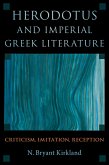What does it mean to say something is beautiful? On the one hand, beauty is associated with erotic attraction; on the other, it is the primary category in aesthetics, and it is widely supposed that the proper response to a work of art is one of objective contemplation. At its core, then, beauty is a contested concept, and both sides feel comfortable appealing to the authority of Plato, and via him, to the ancient Greeks generally. So, who is right-if either?
Beauty offers an elegant investigation of ancient Greek notions of beauty and, in the process, sheds light on how we ought to appreciate the artistic achievements of the classical world. The book opens by reexamining the commonly held notion that the ancient Greeks possessed no term that can be unambiguously defined as "beauty" or "beautiful." Author David Konstan discusses a number of Greek approximations before positioning the heretofore unexamined term
k?llos as the key to bridging the gap between beauty and desire, and tracing its evolution as applied to physical beauty, art, literature, and more. The book then examines corresponding terms in Biblical Hebrew and ancient Latin literature to highlight the survival of Greek ideas in the Latin West. The final chapter compares the ancient Greek conception of beauty with modern notions of beauty and aesthetics. In particular, it focuses on the reception of classical Greek art in the Renaissance and how Vasari and his contemporaries borrowed from Plato the sense that the beauty in art was transcendental, but left out the erotic dimension of viewing. Even if Greece was the inspiration for modern aesthetic ideals, this study illustrates how the Greek view of the relationship between beauty and desire was surprisingly consistent-and different from our own. This fascinating and magisterial exploration makes it possible to identify how the Greeks thought of beauty, what it was that attracted them, and what their perceptions can still tell us about art, love, desire-and beauty.
Dieser Download kann aus rechtlichen Gründen nur mit Rechnungsadresse in A, B, BG, CY, CZ, D, DK, EW, E, FIN, F, GR, HR, H, IRL, I, LT, L, LR, M, NL, PL, P, R, S, SLO, SK ausgeliefert werden.

